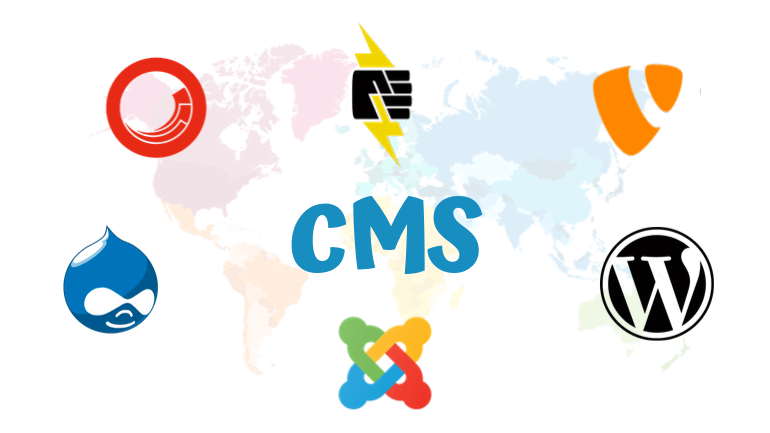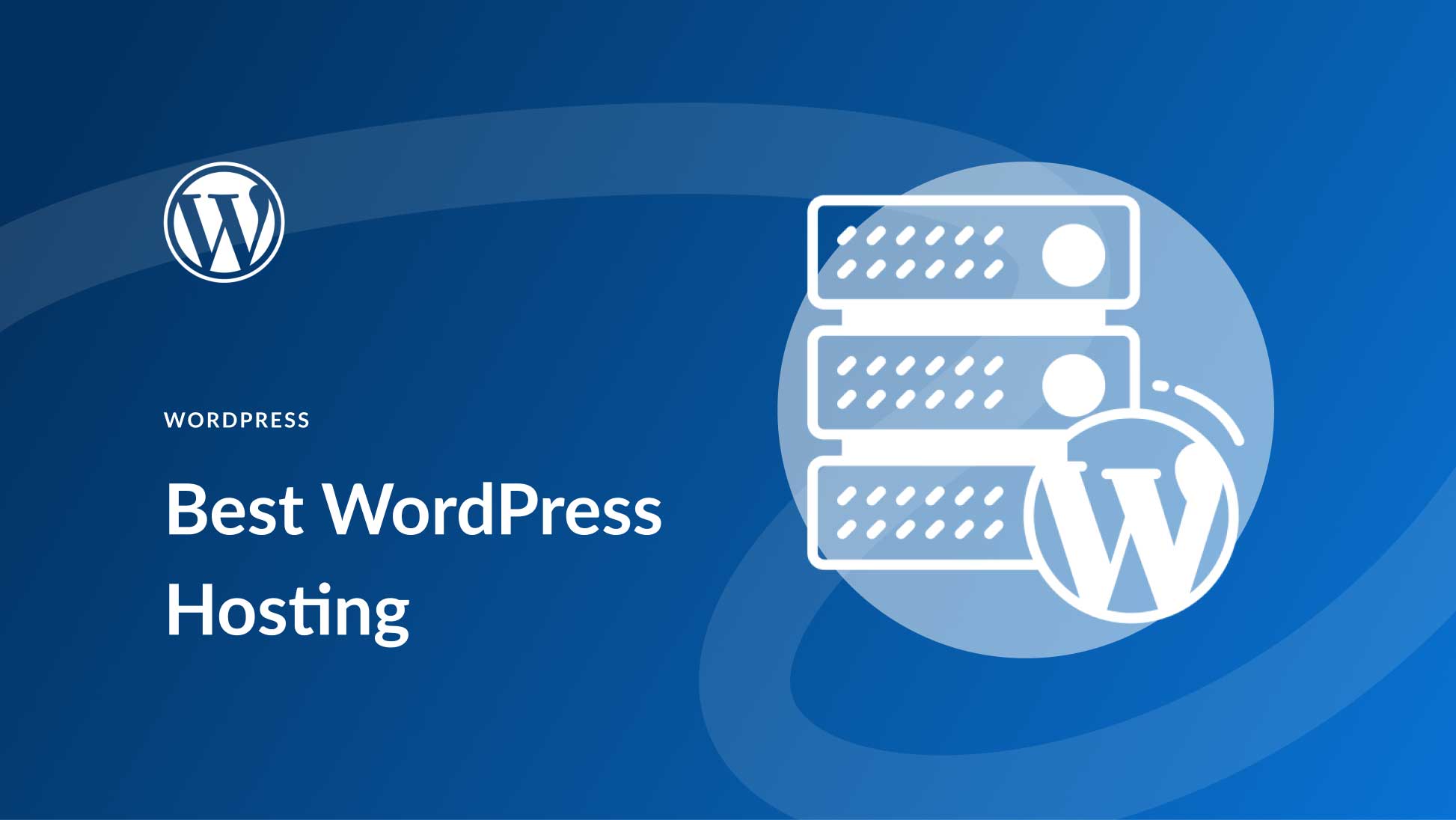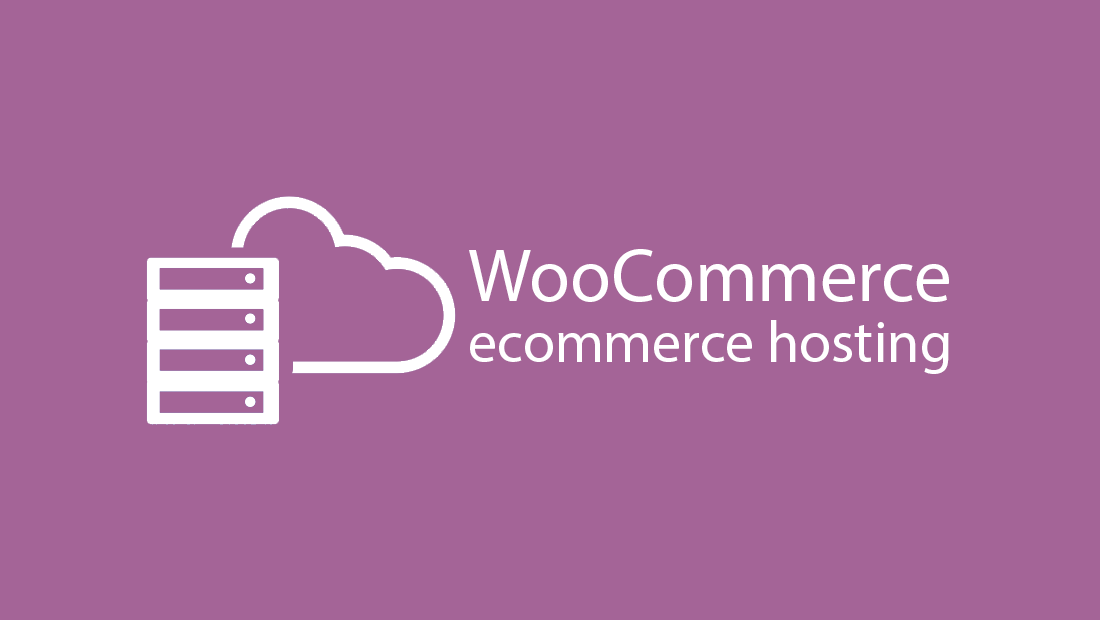A Comprehensive Guide to the Best CMS for Bloggers

Do you want to improve your blogging experience in 2023? If so, what is the finest content management system (CMS)? Look nowhere else! Based on their features, usability, and customization options, the top CMS platforms for bloggers will be discussed in this article. So let’s get started and choose the ideal CMS to support your blogging endeavors.
Building a digital identity and solidifying your position as a blogger is essential in today’s digital world. You may easily generate, manage, and publish material with the aid of a trustworthy content management system (CMS). CMS platforms, like WordPress, started out as blogging platforms that offered a simple way to create web pages. Let’s examine the top CMS choices that will be accessible in 2023.
WordPress: CMS Platform Powerhouse
WordPress has established itself as the top platform for a CMS for blogs. You may build a website that looks professional without employing a designer because of the variety of themes it offers, both free and premium. Additionally, WordPress offers fantastic customization capabilities, making it appropriate for a range of purposes and price points.
Wix: A Cheap and User-Friendly Website
Wix is a great choice if you’re on a small budget. It combines website-building and content management skills, allowing you to easily develop and manage your blog. Wix provides a user-friendly interface and a wide selection of templates to suit various needs and tastes.
Drupal: Perfect for Businesses
Drupal is a potent CMS option for bloggers that operate on a business level. The combination of its cutting-edge features, strong security, and scalability makes it ideal for use with large-scale websites and demanding content management requirements. Drupal has several integration options and is very adaptable.
Shopify: A Master of Online Shopping
Shopify is the ideal CMS platform if your blog is primarily focused on online shopping. It allows for easy interaction with e-commerce features, allowing you to efficiently manage the items you sell, inventory, and payments. To help you promote your online store, Shopify offers stunning designs and robust marketing tools.
Joomla: Ideal for Beginning Developers
For bloggers who have some technical knowledge, Joomla is a fantastic option. With a large selection of extensions and templates, it provides a complete CMS solution. Joomla is a fantastic choice for both newcomers and developers due to its user-friendly design and active community assistance.
TYPO3: Comprehensive Extension Library
The CMS platform TYPO3 is a viable option for bloggers looking for one with a sizable extension library. It offers a great level of adaptability and scalability, enabling you to modify your blog to satisfy certain needs. The open-source nature of TYPO3 promotes innovation and ongoing development.
WordPress.org: Harness the Power of Your Customization
WordPress.org, the privately owned version of WordPress, has countless options if you’re a blogger who desires total control over personalization. It allows you the flexibility to add unique plugins, themes, and expansions, letting you customize your blog to meet your specific requirements.
Hubspot: Powerful Marketing Tools
A special set of marketing automation and content management system solutions are available from Hubspot. It offers complete tools for lead generation, SEO optimization, and content production. For bloggers who are primarily interested in digital marketing, Hubspot is a great option because of its sophisticated analytics and connectivity with other marketing tools.
Ghost: A More Simple Blogging Interface
Ghost is the ideal CMS platform for your needs if you enjoy the simplicity and peaceful writing space. It places an emphasis on speed and simplicity, allowing you to concentrate only on developing interesting content. Ghost has membership subscription choices, Markdown compatibility, and built-in SEO capabilities.
Conclusion
An important decision in 2023 will be which CMS works best for bloggers. The best option is still WordPress because of its adaptability and robust community support. Other platforms, such as Wix, Drupal, and Shopify, however, provide special functionality that addresses particular requirements. To choose a CMS platform that supports your blogging objectives, consider your needs, your budget, and your technical knowledge.





